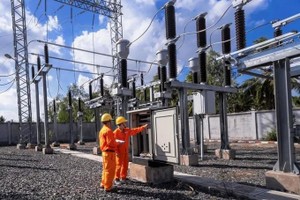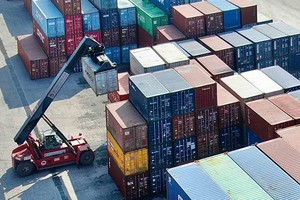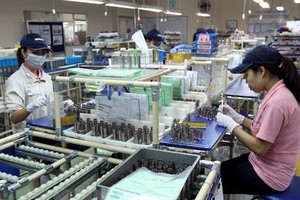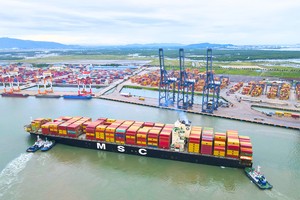 |
The GDP growth of Vietnam at constant prices is anticipated to decelerate to 4.7 percent in 2023, attributed to a weakening in private consumption, a lackluster real estate market, and a substantial drop in external demand. Despite this economic slowdown, the poverty rate is expected to decrease from 3.2 percent in 2022 to 3 percent in 2023.
According to the WB, the Vietnamese economy is poised to encounter risks associated with lower-than-expected growth in developed economies and China, prolonged weak domestic demand, and heightened vulnerabilities in the domestic financial sector.
Following a robust recovery in the previous year, the economy is presently grappling with various domestic and international challenges in 2023. Weak GDP and global trade have been eroding external demand for Vietnamese export products, impacting overall growth. Concurrently, domestic demand is also decelerating, though it is anticipated to remain a key growth catalyst.
It is essential to expedite public investment deployment and boost consumer and investor confidence to ensure short-term growth.
In the long run, Vietnam's ambition is to attain high-income status by 2045. To achieve this objective, the WB suggests that Vietnam should boost productivity by enhancing the core aspects of the financial sector, tackle institutional obstacles in public investments to address infrastructure deficiencies, foster a conducive environment for the efficient operation of domestic private enterprises, and manage risks associated with climate change and environmental sustainability.
























